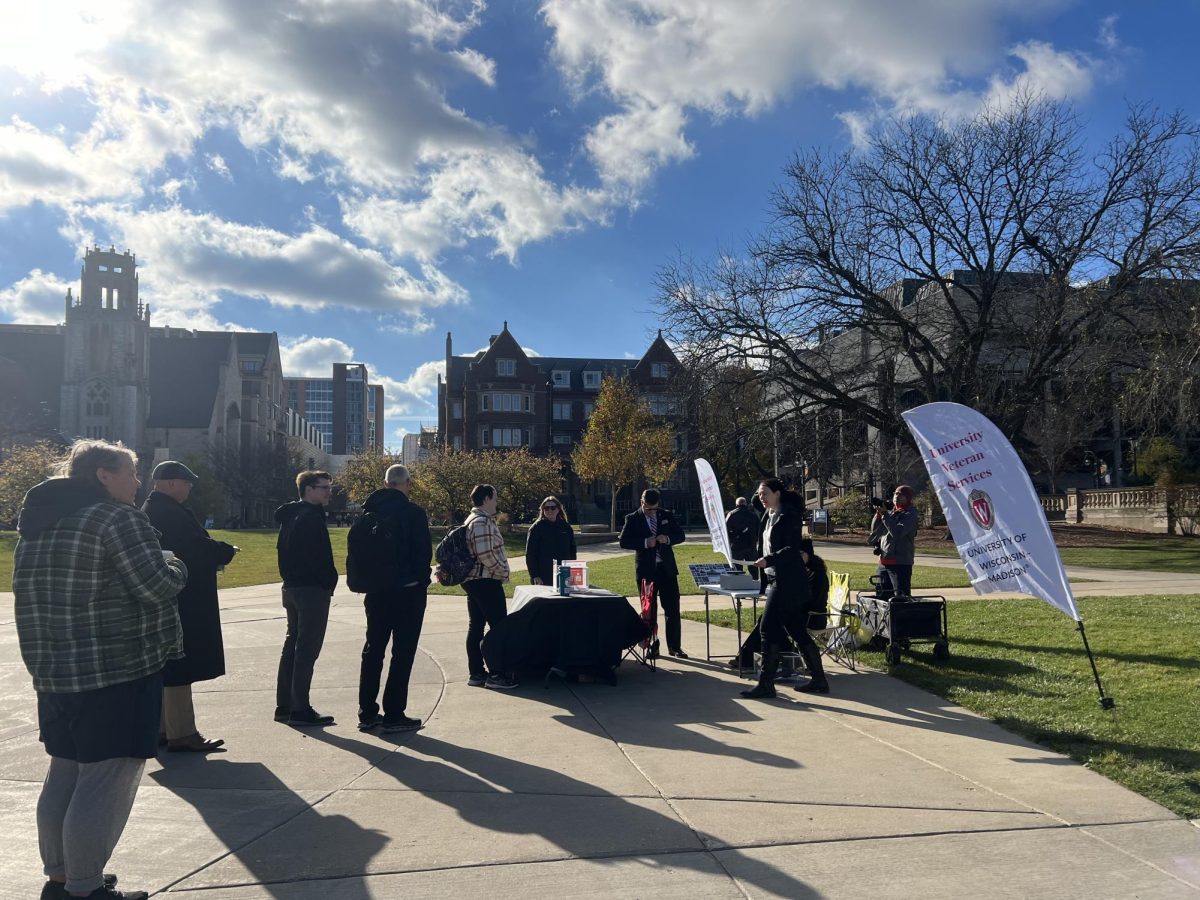Proposed changes to the Federal Pell Grant Program in the 2012 federal budget could impact college students across the nation, including those at the University of Wisconsin.
Using parts of bills proposed by the U.S. House and Senate, the bill for the 2012 Department of Education budget would reportedly eliminate the six-month grace period for government-paid interest on subsidized loans and reduce Pell Grant eligibility from 18 semesters to 12.
In addition, the changes would bar students without a high school diploma or equivalent from receiving Pell Grants and reduce the family income where no payment toward education is necessary from $30,000 to $20,000 a year.
UW Director of Financial Aid Susan Fischer said it is important to remember that the latest developments are proposals, and things could change. However, she said the changes as proposed would mainly impact students receiving the Pell Grant or subsidized Stafford Loans at UW.
She said the proposal made her somewhat concerned about costs to other programs, and the elimination of the six-month grace period – which would reportedly save $400 million for the fiscal year – is most worrisome to her.
Fischer added in the 2010-11 academic year at UW, about 5,250 students received the Federal Pell Grant, which equals about $19 million in aid.
She said not many students would be affected by the other parts of the proposal. The piece requiring a high school degree or equivalent for eligibility would not affect the school because of admissions standards.
Kyle Sanger, a spokesperson for the Wisconsin Association of Student Financial Administrators, a non-profit organization supporting financial aid administrators and agencies involved in Wisconsin’s postsecondary education, said the possible cuts to the Pell funding could be a big blow to UW and colleges across the U.S.
He added the bigger issue is the reduction of funds to subsidized loans because so many students receive them, and he said any students affected could seek other means of financial aid.
“As far as thing students can do, it is our hope that if they are no longer able to receive a Pell Grant that there are other grants available through state funds and other donors,” he said.
Overall, Fischer said she is happy to see bipartisan support for funding the Pell Grant program and is waiting to see more final details about the funding plans before worrying about it too much.
Developments will continue this week regarding Pell Grant funding talks in Congress.












